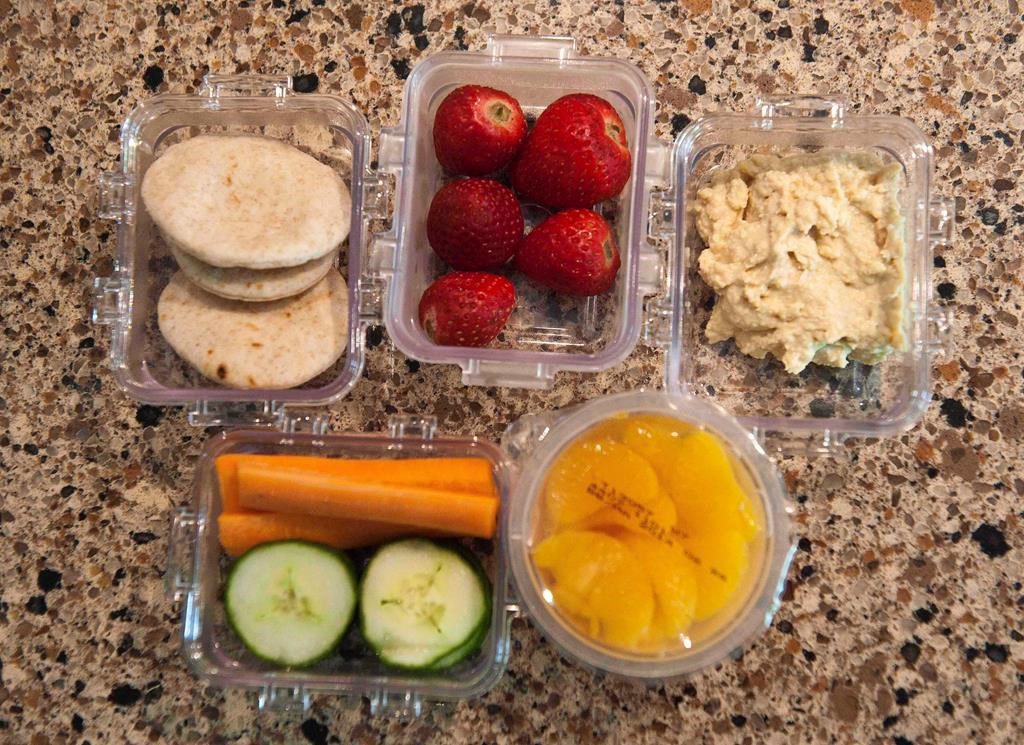OTTAWA — A framework for a national school food program has landed on the desk of Finance Minister Chrystia Freeland, and with the federal budget just weeks away advocates hope the proposal will get the green light.
The proposed plan comes as food prices continue to cause political headaches for governments across the country, said Tyler Meredith, a policy thinker and former economic adviser to Freeland and Prime Minister Justin Trudeau.
“A proposal has now been put forward to Minister Freeland, and it’s now for us to watch whether it’ll be funded in the budget,” said Meredith.
“I’m cautiously optimistic.”
The federal government consulted with provinces, territories, municipalities, Indigenous groups and other stakeholders to come up with the framework over the past year.
The Liberal government has long promised to move in this direction, and Trudeau campaigned on it during his re-election campaign in 2021, promising to put $1 billion over five years toward such a program.
That money is urgently needed, community food groups argue, as Canadians increasingly struggle to put food on the table and many families find themselves in food bank lineups.
“It would help to meaningfully address something that many families are dealing with, which is both the high cost of food and also frankly the significant time and effort that is required in preparing lunches for kids,” Meredith said.
Freeland wouldn’t comment on the plan that’s currently before her. A spokesperson for her office said the 2024 budget expected on April 16 will focus on making life affordable, building homes and creating jobs.
While education doesn’t fall under federal jurisdiction, a national lunch program would allow Ottawa to partner up with provinces and territories, many of which are already doing the work alongside community groups.
A national school program would be a scale-up similar to Ottawa’s national child-care program, said Meredith.
The effort to lower daycare costs to $10 a day required investments from federal, provincial and territorial governments.
Providing school lunches as a national program allows Ottawa to use its spending power “in a smart way that helps to address and alleviate concerns associated with inflation,” Meredith said.
“They are able, potentially, to buy food and distribute it at a scale that individual families simply do not have the bargaining power to compete with in the market when they go to fill their grocery cart,” he said.
In the past year, British Columbia, Manitoba and Nova Scotia have allocated money toward school lunches, but on-the-ground organizations argue a federal partner would lead to more mouths fed.
“We believe that there is no other initiative that the federal government could take that would — for the money spent — have as big an impact on supporting food affordability and helping families than investing in a national school food program in budget 2024,” said Carolyn Webb, mobilization coordinator with The Coalition of Healthy School Food, Canada’s largest school food network.
Webb, who asked Ottawa earlier this week to fund a national program, said it would also help local producers and farmers, and create more jobs for food services workers.
“I think if we see a signal in the budget that the government wants to move in this direction, I think it can catalyze a pretty quick conversation with provinces about how they all invest,” Meredith said.
“This is the single most important issue that families and voters of all classes are facing, and why they are frustrated, and what they want governments to focus on.”
This report by The Canadian Press was first published March 22, 2024.
Mickey Djuric, The Canadian Press





